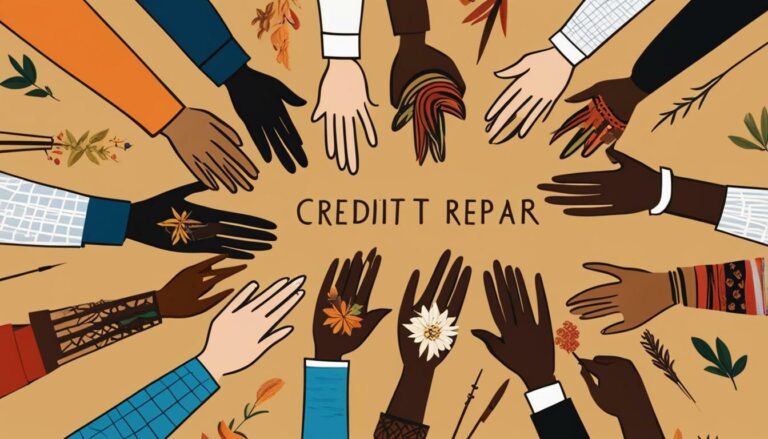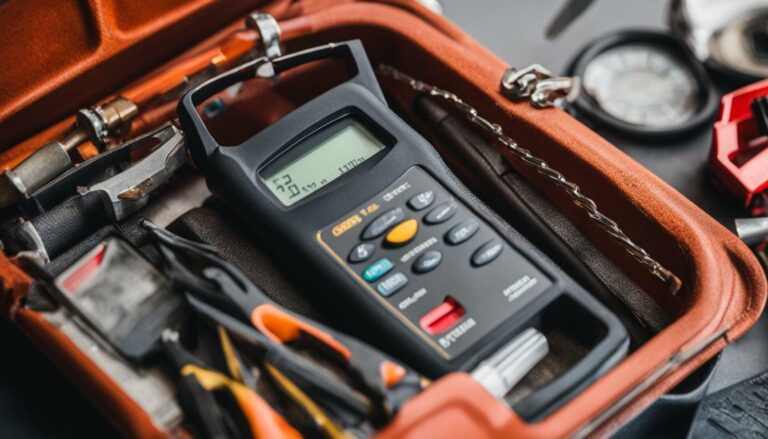When does Discover report to credit bureaus?

Discover typically reports account information to the credit bureaus each month, usually on the day the statement is generated at the close of the billing cycle. Discover reports to all three major credit bureaus: Experian, TransUnion, and Equifax. The information reported includes the account balance, credit limit, and payment history. Monitoring this information can help individuals understand how their card activity impacts their credit scores. It is important to be aware of when your credit card issuer reports account activity to the credit bureaus, as it can affect credit utilization and overall credit scores. To avoid high balances being reported, it is suggested to make payments before the close of the billing cycle.
Key Takeaways:
- Discover reports account information to credit bureaus monthly, usually on the day the statement is generated at the close of the billing cycle.
- Discover reports to all three major credit bureaus: Experian, TransUnion, and Equifax.
- The information reported includes account balance, credit limit, and payment history.
- Monitoring this information helps individuals understand how their card activity impacts their credit scores.
- Being aware of your credit card issuer’s reporting schedule is important for managing credit utilization and overall credit scores.
Discover’s Credit Bureau Reporting Policy
Discover reports to all three major credit bureaus: Experian, TransUnion, and Equifax, providing them with account balance, credit limit, and payment history information. This information is crucial for individuals to understand how their credit card activity impacts their credit scores. By monitoring this data, you can gain insights into your creditworthiness and take steps to improve your overall financial standing.
When it comes to the frequency of reporting, Discover typically submits account information to the credit bureaus once a month. This usually occurs on the day the statement is generated at the close of the billing cycle. It is important to be aware of this reporting schedule so that you can manage your credit effectively.
Being mindful of your credit utilization is key to maintaining a healthy credit score. Credit utilization refers to the percentage of your available credit that you are currently using. High balances reported to the credit bureaus can negatively impact your credit score. To avoid this, it is recommended to make payments before the close of the billing cycle, ensuring that lower balances are reported to the credit bureaus.
Understanding Discover’s credit bureau reporting policy empowers you to take control of your credit and make informed decisions. By monitoring your account activity, managing your credit utilization, and making timely payments, you can work towards improving your creditworthiness and achieving your financial goals.
🚨 TUIC Errors + Low Credit Score?
CreditScoreIQ helps you build credit faster by reporting utility bills to all 3 bureaus—while you dispute errors.
Start Building Credit Today →| Credit Bureaus | Information Reported |
|---|---|
| Experian | Account balance, credit limit, payment history |
| TransUnion | Account balance, credit limit, payment history |
| Equifax | Account balance, credit limit, payment history |
Impact on Your Credit Score
Monitoring this information can help individuals understand how their card activity impacts their credit scores. Discover typically reports account information to the credit bureaus each month, usually on the day the statement is generated at the close of the billing cycle. Discover reports to all three major credit bureaus: Experian, TransUnion, and Equifax.
The information reported includes the account balance, credit limit, and payment history. By reviewing these details, you can gain insight into how your credit utilization affects your credit scores. Credit utilization refers to the percentage of your available credit that you are currently using. A high credit utilization ratio can negatively impact your credit scores, as it suggests a higher risk of defaulting on payments.
To maintain a healthy credit score, it is crucial to keep your credit utilization ratio low. Keeping your balances low and paying off your credit card bills in full and on time can help improve your creditworthiness. By making payments before the close of the billing cycle, you can avoid high balances being reported to the credit bureaus, thus reducing your credit utilization ratio.
By using credit responsibly and staying aware of Discover’s credit bureau reporting schedule, you can effectively manage your credit and take steps to improve your credit scores. Regularly monitoring your credit report and understanding how your card activity impacts your credit scores will enable you to make informed financial decisions and maintain a healthy credit standing.
| Credit Reporting Information | Discover Credit Report Frequency |
|---|---|
| Credit Bureaus | Experian, TransUnion, Equifax |
| Information Included | Account balance, credit limit, payment history |
| Reporting Schedule | Monthly, on the day the statement is generated at the close of the billing cycle |
Timing and Tips for Managing Credit Utilization
It is important to be aware of when your credit card issuer reports account activity to the credit bureaus, as it can affect credit utilization and overall credit scores. Discover typically reports account information to the credit bureaus each month, usually on the day the statement is generated at the close of the billing cycle. This means that the information on your credit reports will reflect your credit card activity up until that point.
To manage your credit utilization effectively, consider making payments before the close of the billing cycle. By paying off a portion or the entire balance on your credit card before the statement is generated, you can keep your reported balance low or even at zero. This can help improve your credit utilization ratio, which is the amount of credit you are using compared to your total available credit.
An optimal credit utilization ratio is generally considered to be below 30%. Keeping your reported balance low shows that you are using credit responsibly and not relying heavily on borrowed funds. This can have a positive impact on your credit scores. By being proactive in managing your credit utilization, you can maintain a healthy credit profile and increase your chances of qualifying for credit in the future.
| Credit Bureau | Reporting Frequency | Reporting Dates |
|---|---|---|
| Experian | Monthly | Varies by account |
| TransUnion | Monthly | Varies by account |
| Equifax | Monthly | Varies by account |
Remember that credit bureau reporting dates may vary slightly depending on your individual account. Therefore, it is always a good idea to check your credit card statement or contact Discover directly to confirm their reporting schedule. By staying informed and taking steps to manage your credit utilization effectively, you can maintain a strong credit profile and improve your overall financial well-being.
Conclusion
Understanding when Discover reports to credit bureaus and how it can impact your credit score is crucial for maintaining a healthy credit profile. Discover typically reports account information to the credit bureaus each month, usually on the day the statement is generated at the close of the billing cycle. They report to all three major credit bureaus: Experian, TransUnion, and Equifax. The information reported includes your account balance, credit limit, and payment history.
Monitoring this information can help you understand how your card activity impacts your credit scores. By staying aware of when your credit card issuer reports account activity to the credit bureaus, you can better manage your credit utilization and overall creditworthiness.
To avoid high balances being reported, it is suggested to make payments before the close of the billing cycle. By doing so, you can ensure that your credit card balance remains low when Discover reports your account information to the credit bureaus. This can have a positive impact on your credit score and help you maintain a healthy credit profile.
Remember, having a good credit score is essential for various financial endeavors, such as applying for loans or mortgages. By understanding Discover’s credit bureau reporting schedule and taking proactive steps to manage your credit utilization, you can improve your chances of achieving your financial goals and maintaining a strong credit standing.
FAQ
When does Discover report to credit bureaus?
Discover typically reports account information to the credit bureaus each month, usually on the day the statement is generated at the close of the billing cycle.
Which credit bureaus does Discover report to?
Discover reports to all three major credit bureaus: Experian, TransUnion, and Equifax.
What information does Discover report to credit bureaus?
The information reported includes the account balance, credit limit, and payment history.
How can monitoring this information help individuals?
Monitoring this information can help individuals understand how their card activity impacts their credit scores.
Why is it important to be aware of when your credit card issuer reports account activity to the credit bureaus?
It can affect credit utilization and overall credit scores. Being aware of reporting dates helps individuals manage their credit effectively.
What can individuals do to avoid high balances being reported?
It is suggested to make payments before the close of the billing cycle.
Source Links
- https://wallethub.com/answers/cc/when-does-discover-report-to-credit-bureaus-2140746959/
- https://donotpay.com/learn/when-does-discover-report-to-credit-bureaus/
- https://www.discover.com/credit-cards/card-smarts/when-does-discover-report-to-credit-bureaus/
Ready to Improve Your Credit?
Disputing TUIC errors is step one. Step two? Boost your score by reporting utility payments with CreditScoreIQ.
Get Started Now (Only $1 Trial) →3-bureau reporting • $1M identity insurance • Dark web monitoring




